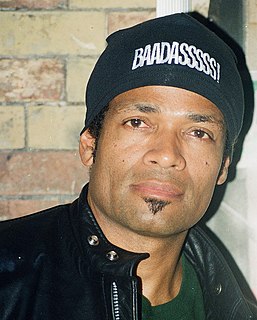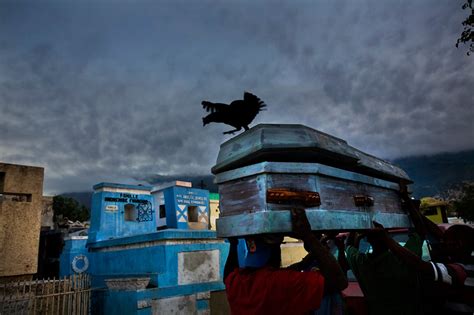A Quote by Philip Zimbardo
In one sense, the Stanford prison study is more like a Greek drama than a traditional experiment, in that we have humanity, represented by a bunch of good people, pitted against an evil-producing situation. The question is, does the goodness of the people overwhelm the bad situation, or does the bad situation overwhelm the good people?
Related Quotes
We like to think there is this core of human nature – that good people can't do bad things, and that good people will dominate over bad situations. Infact, when we look at the Stanford prison studies, that we put good people in an evil place, and we saw who won. Well, the sad message in this, is in this case is the evil place won over the good people.
We all like to think that the line between good and evil is impermeable--that people who do terrible things, such as commit murder, treason, or kidnapping, are on the evil side of this line, and the rest of us could never cross it. But the Stanford Prison Experiment and the Milgram studies revealed the permeability of that line. Some people are on the good side only because situations have never coerced or seduced them to cross over.
Evil denotes the lack of good. Not every absence of good is an evil, for absence may be taken either in a purely negative or in aprivative sense. Mere negation does not display the character of evil, otherwise nonexistents would be evil and moreover, a thing would be evil for not possessing the goodness of something else, which would mean that man is bad for not having the strength of a lion or the speed of a wild goat. But what is evil is privation; in this sense blindness means the privation of sight.
In the beginning [of my career] I definitely felt a responsibility because I was representing a bunch of people [Sri lankans] who never got represented before. I felt this responsibility to correct that situation, to be like, "Look, you can't discriminate against refugees and Muslim people and blah, blah, blah . . ."
Something that is appealing is wars are terrible and ugly and hard and each conflict is different, but of every conflict I've ever gone to, I've also seen people being extraordinary in a good sense. It's not just a black and white extreme situation that pushes people to extremes and they do crazy bad stuff. You also see crazy brave stuff. You see humanity in a different light.
Given a situation, a system with a Leerstelle [a gap], whether a given completion (Lueckenfuellung) does justice to the structure, is the "right" one, is often determined by the structure of the system, the situation. There are requirements, structurally determined; there are possible in pure cases unambiguous decisions as to which completion does justice to the situation, which does not, which violates the requirements and the situation.



































